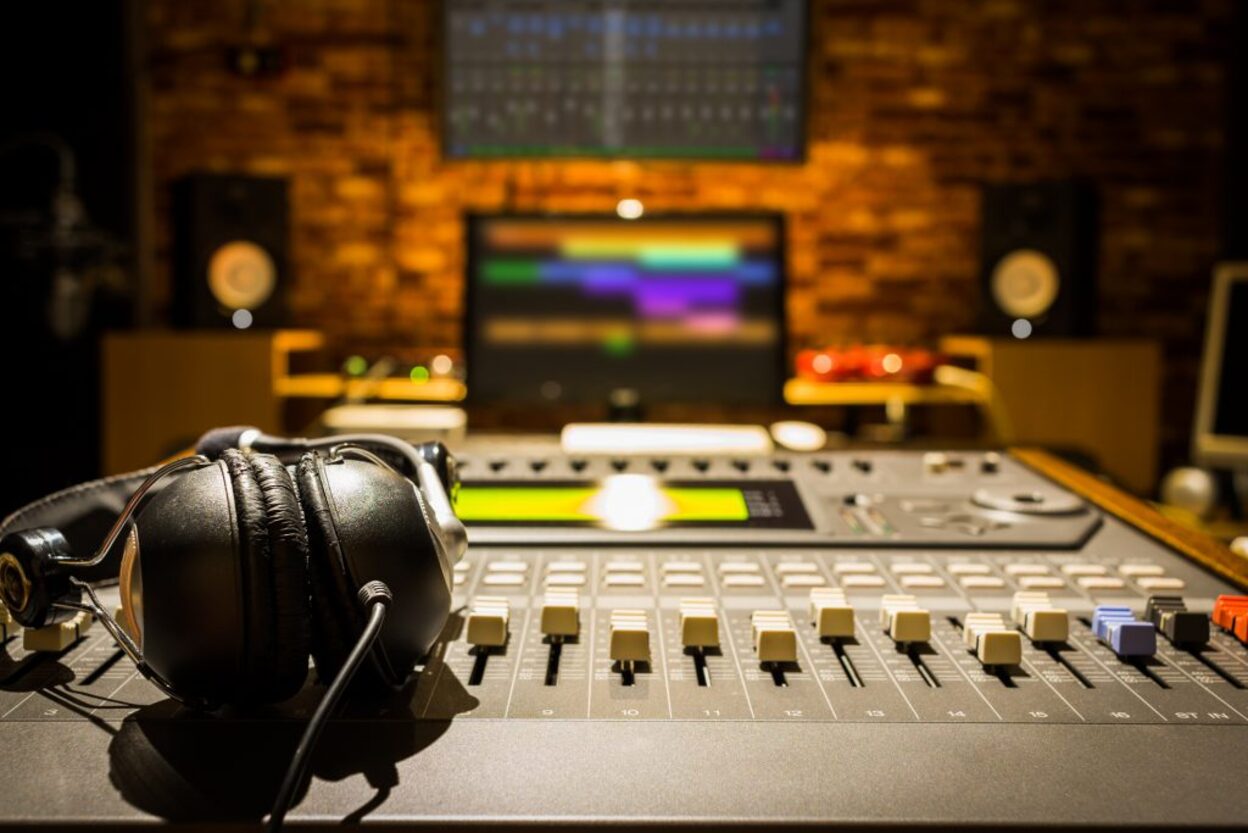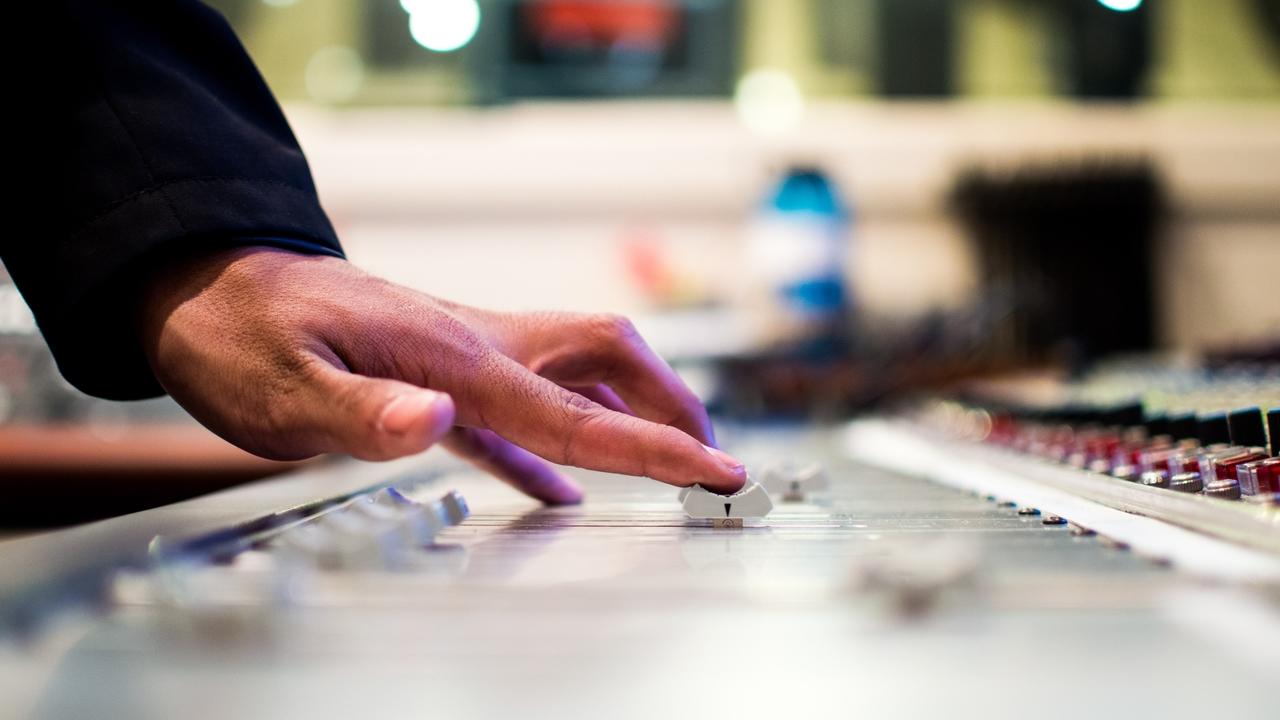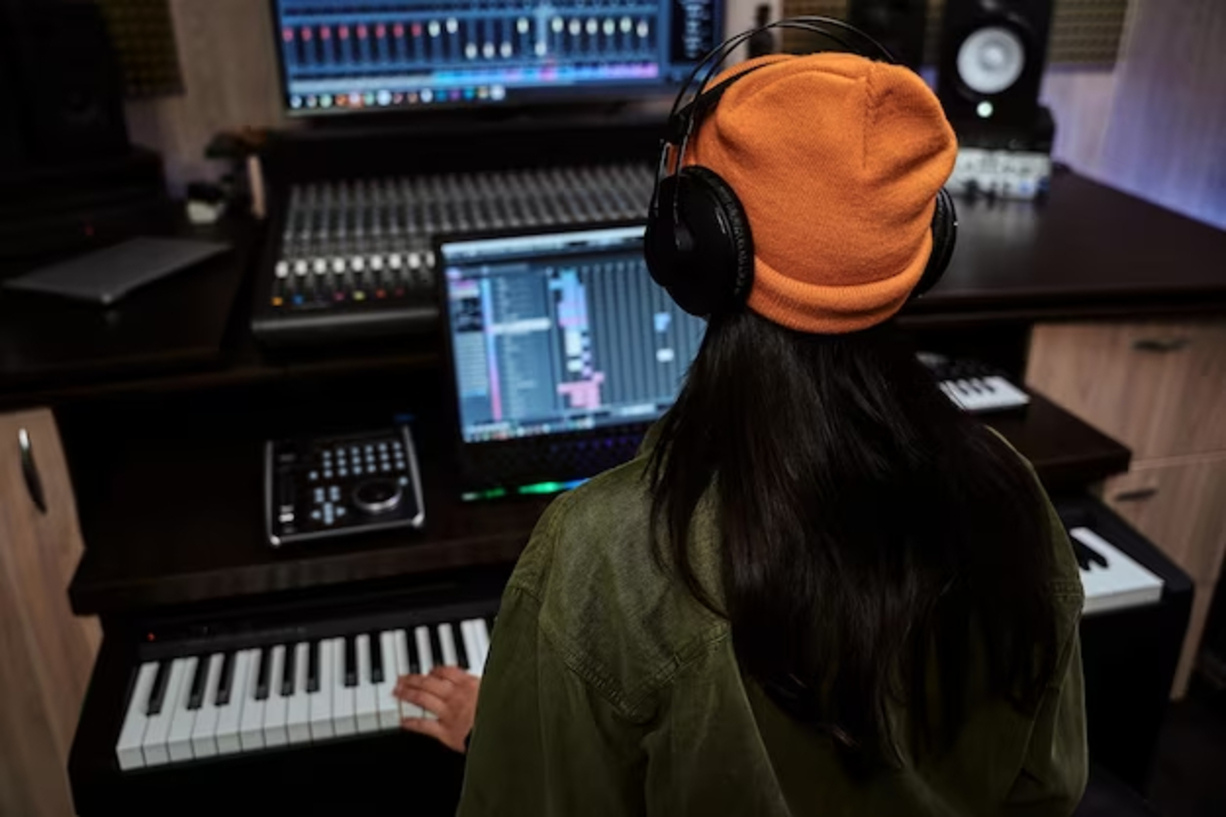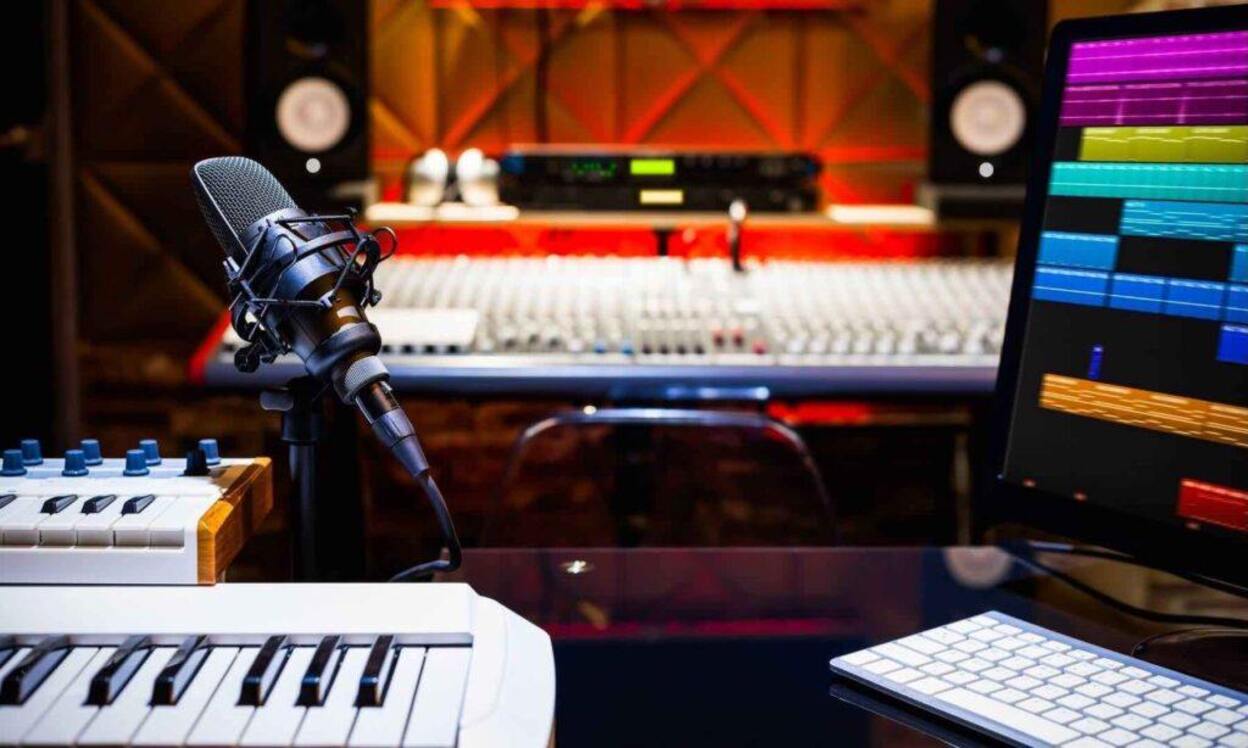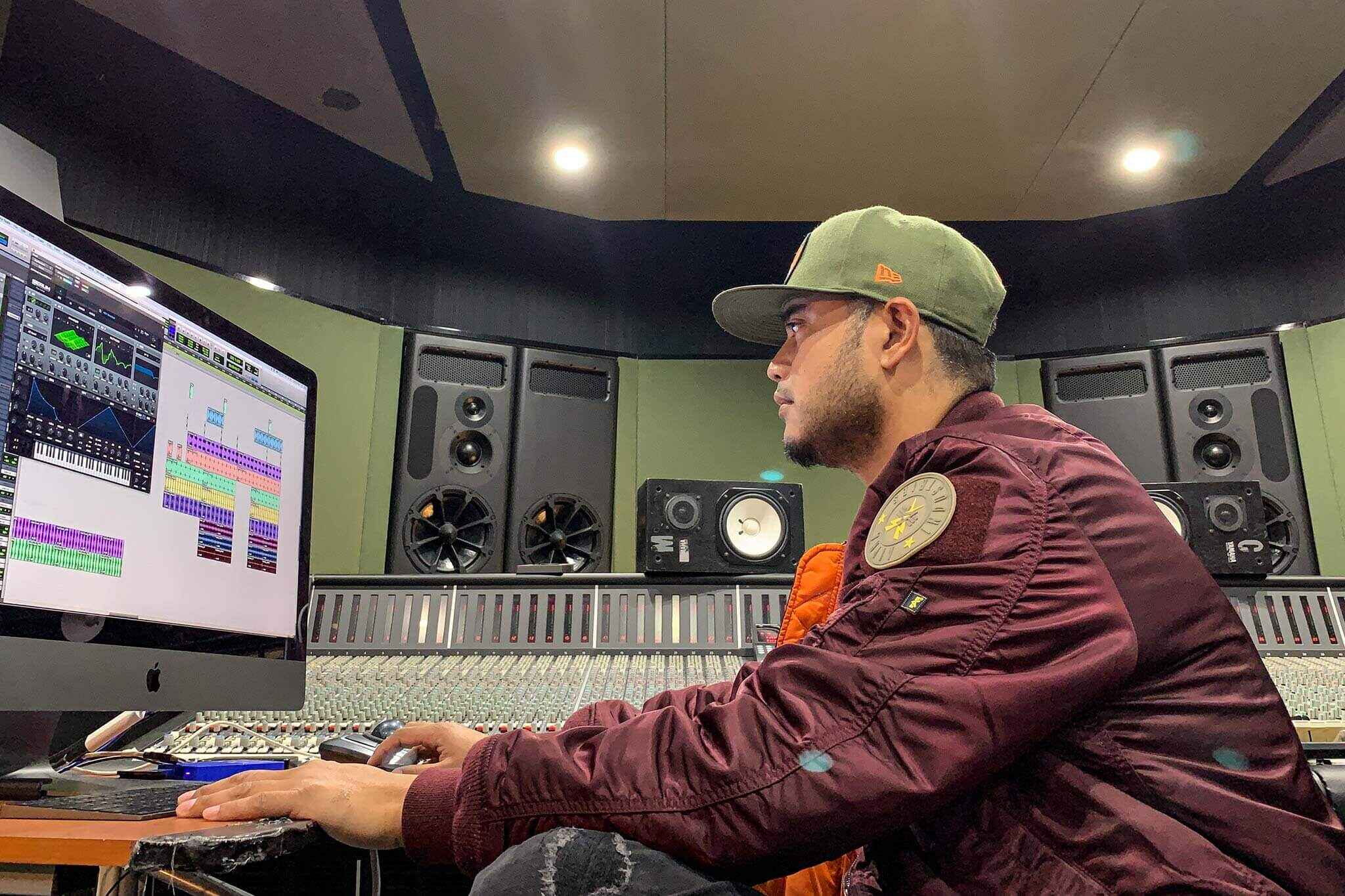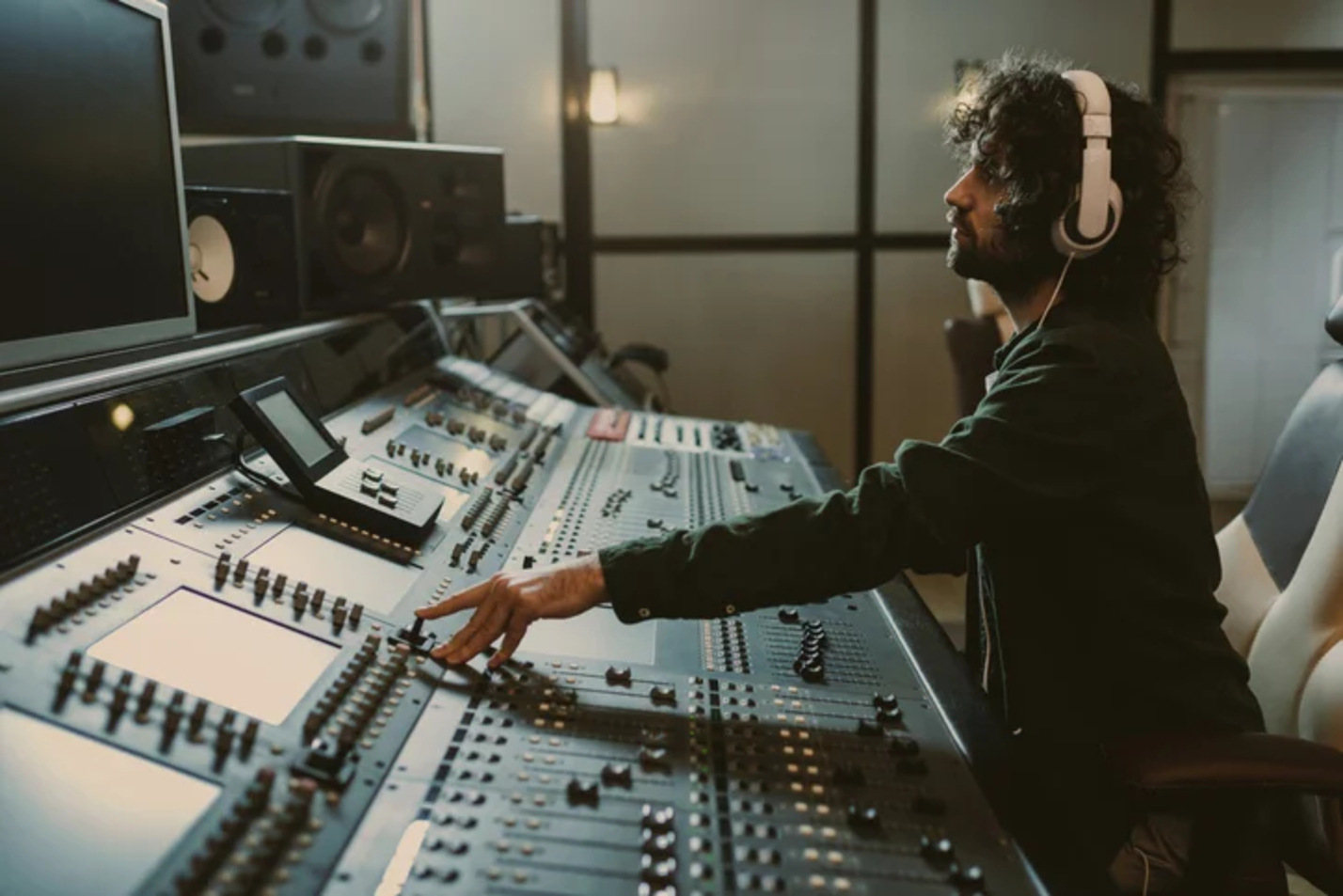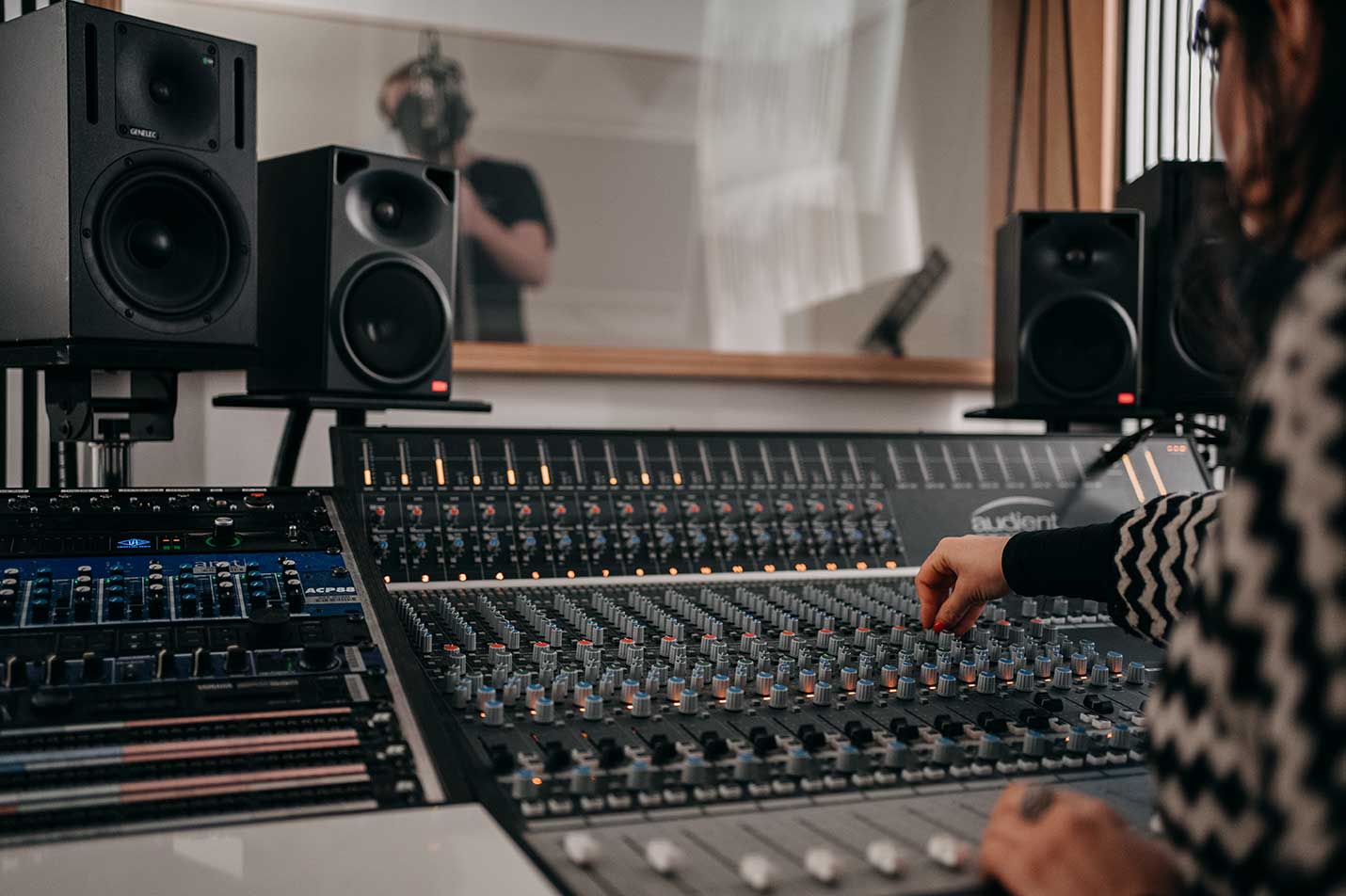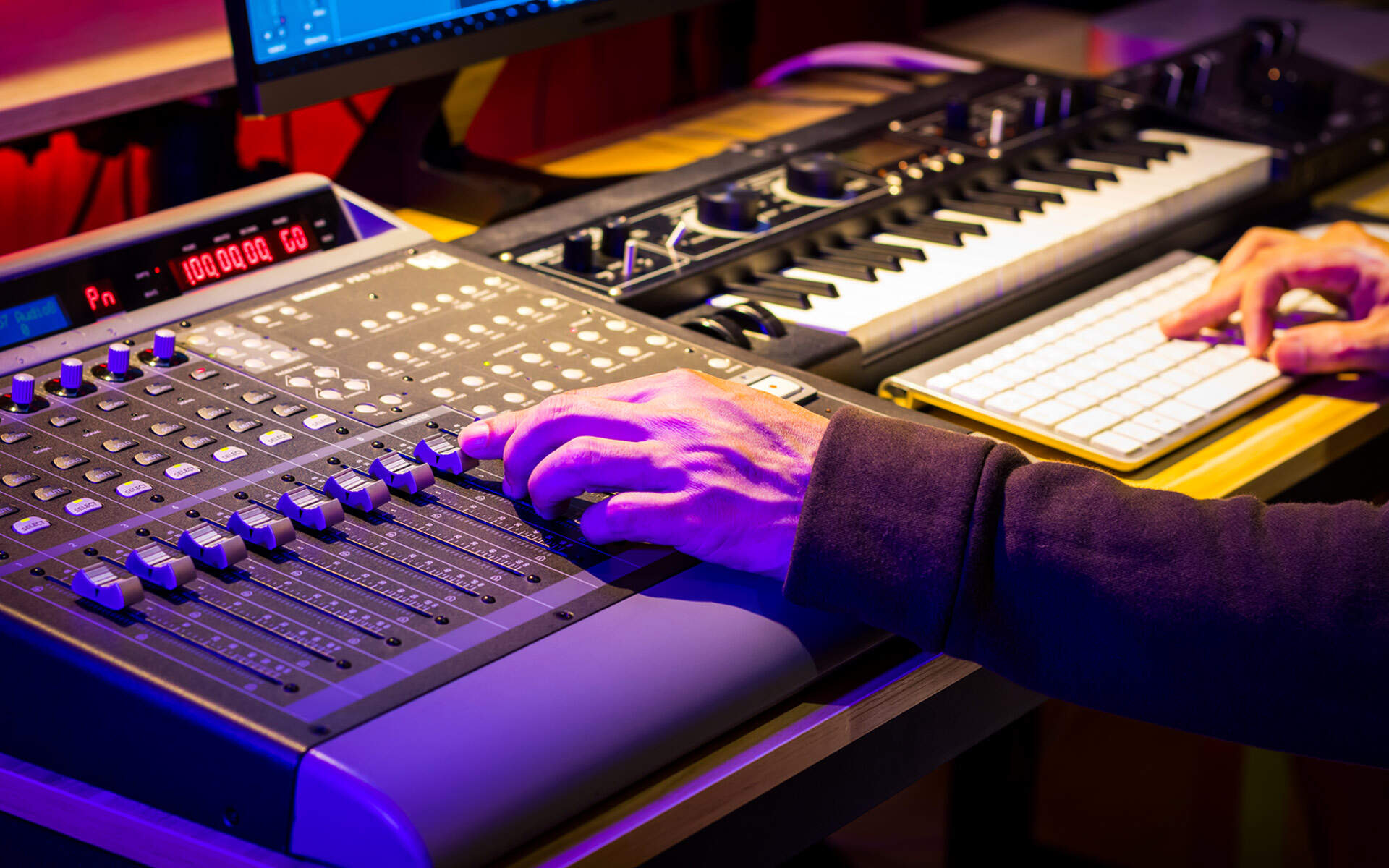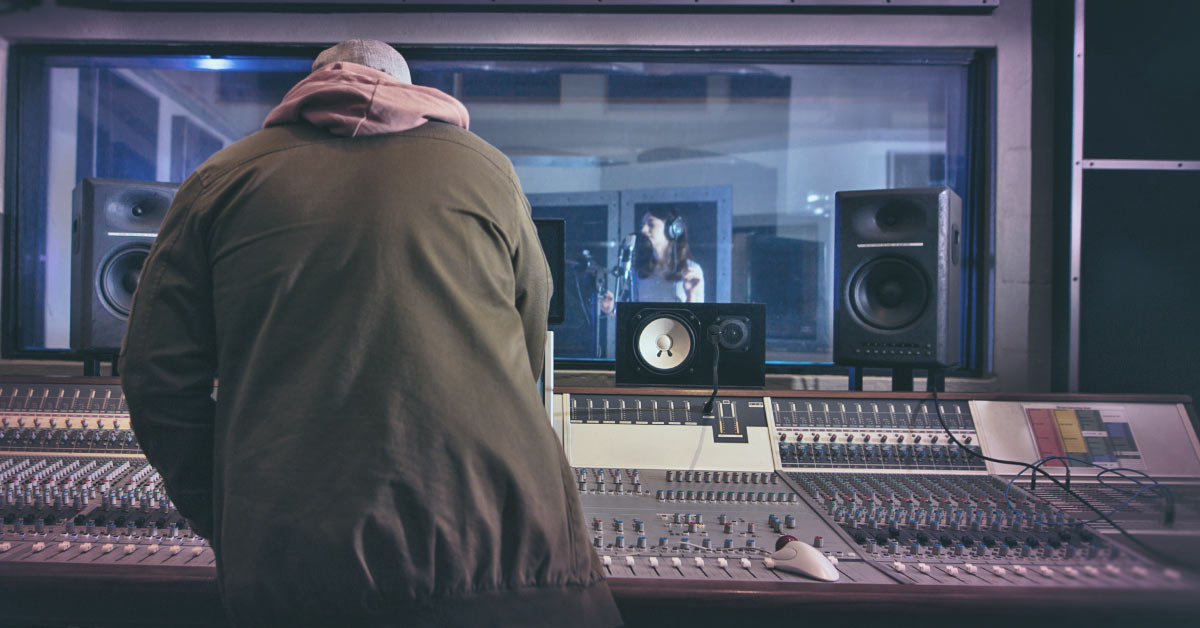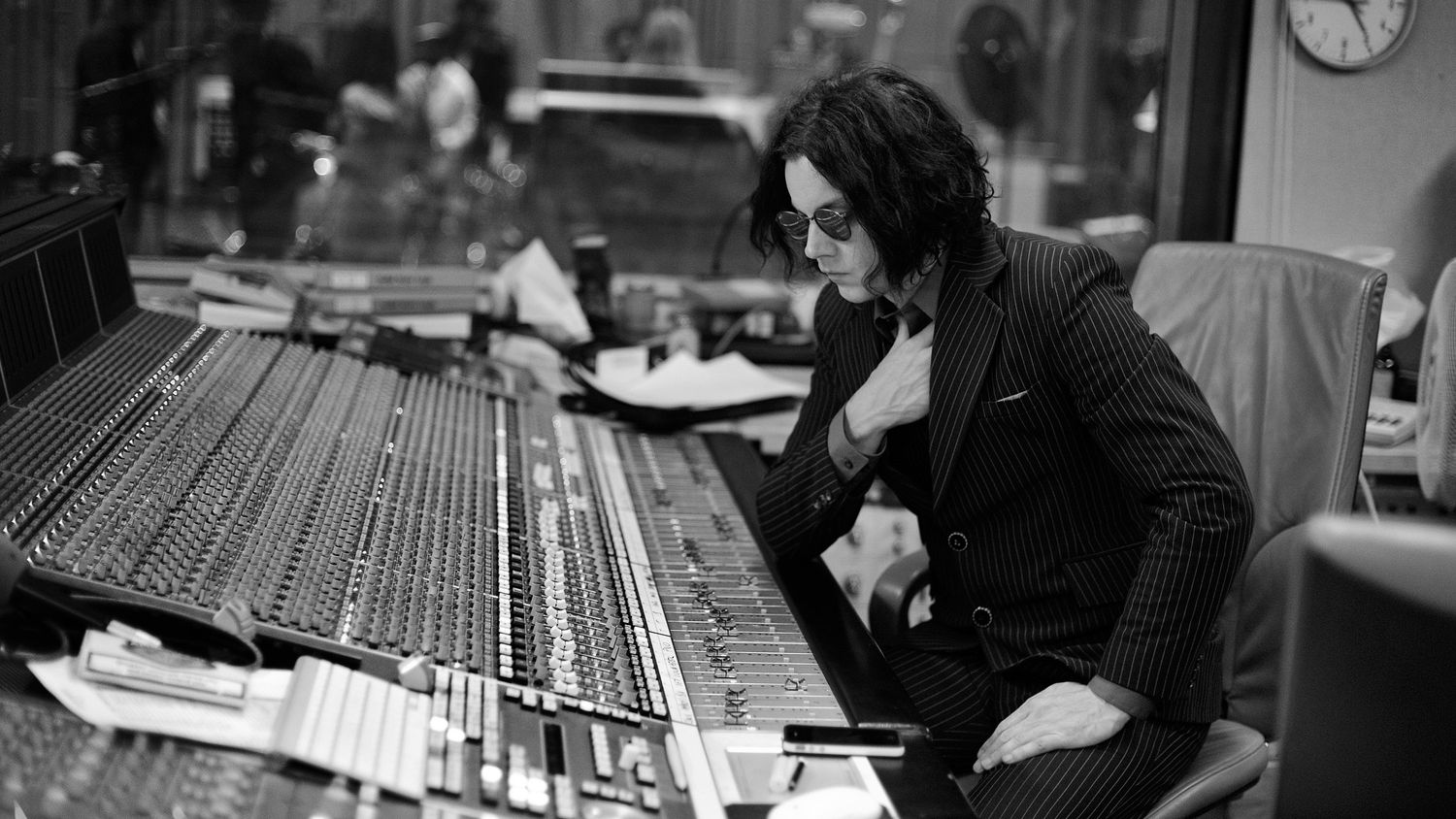Home>Production & Technology>Producer>Where To Register As A Music Producer
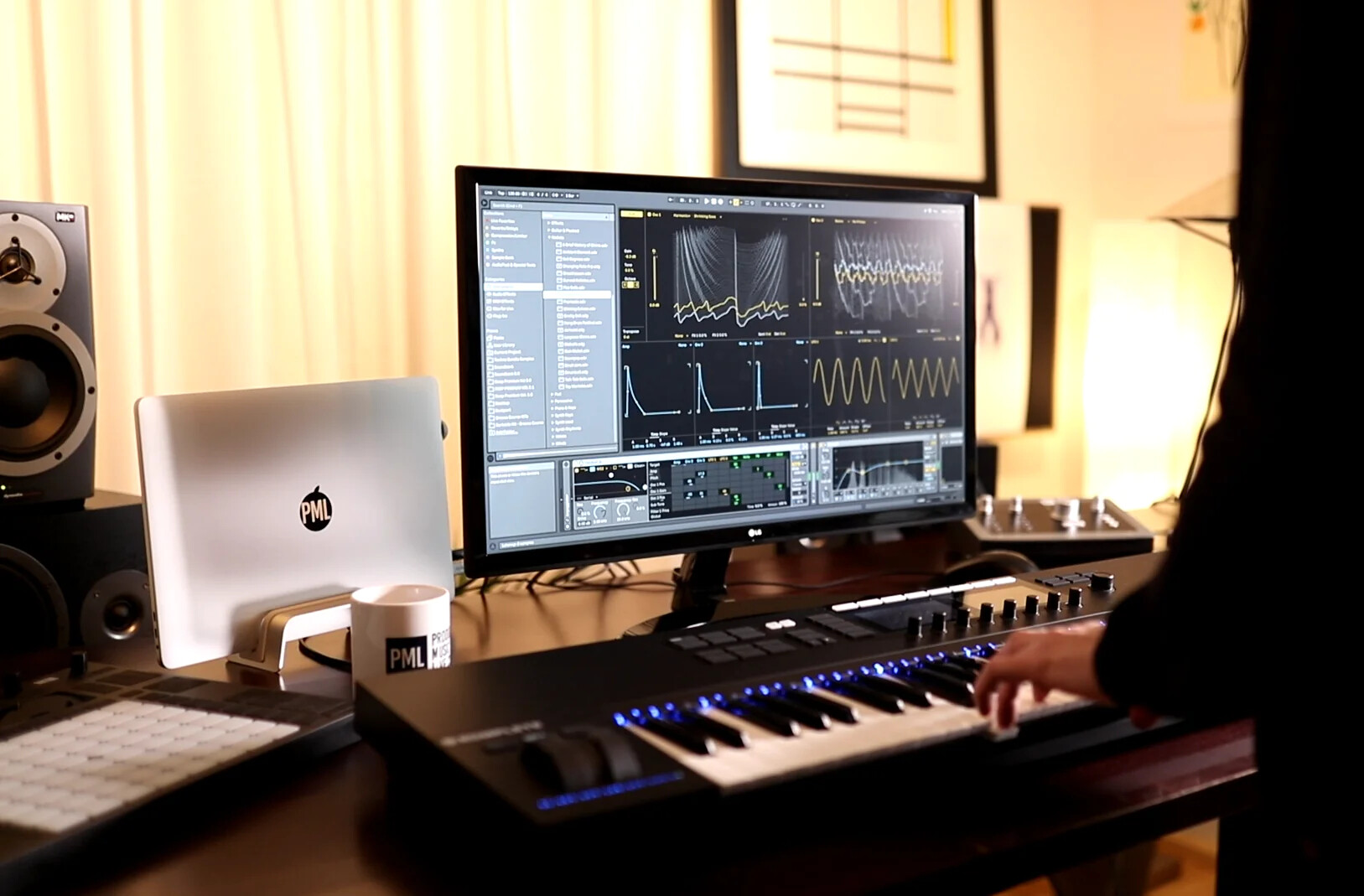

Producer
Where To Register As A Music Producer
Modified: March 9, 2024
Discover the best places to register as a music producer and get your career on track. Find out how to gain recognition and opportunities in the industry.
(Many of the links in this article redirect to a specific reviewed product. Your purchase of these products through affiliate links helps to generate commission for AudioLover.com, at no extra cost. Learn more)
Table of Contents
Introduction
As a music producer, finding the right platforms and organizations to register with is crucial for establishing your presence in the industry and protecting your creative work. By registering with the appropriate associations and organizations, you can ensure that you receive the recognition and compensation you deserve for your musical contributions. This comprehensive guide will explore the various avenues available for music producers to register their work, enabling them to maximize their exposure and safeguard their intellectual property.
Whether you're a seasoned music producer or just starting out in the industry, understanding the different entities where you can register is essential for advancing your career. From music producer associations to performing rights organizations, each registration avenue plays a unique role in promoting your music and ensuring that you receive fair compensation for your artistic endeavors.
By delving into these registration options, you can gain insight into the multifaceted landscape of the music industry and position yourself for success. Let's embark on this journey to discover the diverse opportunities available for music producers to register their work and elevate their presence in the dynamic world of music production.
Music Producer Associations
Music producer associations serve as invaluable resources for music producers, offering a plethora of benefits ranging from networking opportunities to educational resources. These associations are designed to support and advocate for the interests of music producers, fostering a sense of community and collaboration within the industry.
Joining a music producer association provides access to a network of like-minded professionals, creating opportunities for collaboration, mentorship, and knowledge exchange. Through workshops, seminars, and conferences, members can enhance their skills, stay updated on industry trends, and gain insights into the latest production techniques and technologies.
Additionally, music producer associations often advocate for the rights and fair treatment of producers within the music industry. They play a vital role in addressing issues such as royalty distribution, copyright protection, and fair compensation for producers' creative contributions. By aligning with a reputable association, music producers can amplify their voices and contribute to the advancement of industry standards.
Furthermore, these associations frequently offer exclusive benefits such as access to industry events, discounts on production software and equipment, and potential opportunities for placements and collaborations. By leveraging these perks, music producers can expand their professional network, access valuable resources, and potentially secure new projects and partnerships.
In essence, becoming a member of a music producer association can be a transformative step in a producer's career. It provides a platform for continuous learning, professional growth, and advocacy within the music production landscape. Whether it's through educational resources, networking events, or advocacy efforts, these associations play a pivotal role in empowering music producers and elevating the standards of the industry.
Performing Rights Organizations
Performing Rights Organizations (PROs) are instrumental in safeguarding the rights of music producers and ensuring that they receive fair compensation for the public performance of their music. These organizations act as intermediaries between music users and creators, playing a pivotal role in collecting and distributing royalties for public performances of musical works.
By registering with a performing rights organization, music producers can effectively monetize their creative output and secure a steady stream of income from various sources, including radio airplay, live performances, streaming platforms, and more. The PROs meticulously track and monitor the public use of musical compositions, ensuring that producers receive the royalties owed to them for the utilization of their work.
Furthermore, PROs operate on a global scale, forming affiliations with similar organizations worldwide to facilitate the collection and distribution of royalties across international borders. This global reach empowers music producers to receive compensation for their work's public performance, regardless of where it is played or broadcasted.
In addition to royalty collection, performing rights organizations also offer valuable resources and support to music producers. They provide educational materials, workshops, and seminars to help producers navigate the complexities of royalty distribution, copyright protection, and licensing agreements. By leveraging these resources, producers can enhance their understanding of the music industry's financial aspects and maximize their earning potential.
Moreover, PROs actively advocate for fair compensation and the protection of producers' rights within the music ecosystem. They engage in negotiations with music users, such as broadcasters and digital platforms, to ensure that producers receive equitable compensation for the use of their music. This advocacy serves to uphold the value of music production and reinforce the importance of recognizing producers' contributions to the industry.
In essence, registering with a performing rights organization empowers music producers to assert their rights, receive rightful compensation, and gain access to a wealth of resources and advocacy efforts. By aligning with a PRO, producers can navigate the intricate landscape of royalty collection, protect their intellectual property, and contribute to the sustainability of the music production industry.
SoundExchange
SoundExchange plays a pivotal role in the digital music ecosystem, serving as a crucial entity for music producers to register their works and receive digital performance royalties. Unlike traditional performing rights organizations, SoundExchange focuses specifically on the collection and distribution of digital performance royalties for sound recordings. This distinction is essential, as it addresses the evolving landscape of music consumption, particularly in the realm of digital streaming and online radio.
By registering with SoundExchange, music producers can ensure that they receive fair compensation for the digital performance of their sound recordings across a myriad of digital platforms. This includes streaming services, satellite radio, internet radio, and other digital music providers. SoundExchange meticulously tracks and monitors digital performances, enabling producers to receive royalties for their creative contributions in the digital realm.
Furthermore, SoundExchange operates with a global perspective, forging international partnerships to facilitate the collection and distribution of digital performance royalties on a global scale. This global reach empowers music producers to monetize their digital performances worldwide, transcending geographical boundaries and expanding their earning potential in the digital music landscape.
In addition to royalty collection, SoundExchange offers an array of resources and support to music producers. Through educational initiatives and outreach programs, producers can gain insights into the complexities of digital performance royalties, licensing agreements, and the digital music marketplace. This equips them with the knowledge and tools necessary to navigate the digital music landscape and optimize their revenue streams.
Moreover, SoundExchange advocates for the fair treatment and compensation of music producers in the digital realm. The organization actively engages with digital music platforms, advocating for equitable royalty rates and fair practices to ensure that producers receive just compensation for their digital performances. This advocacy underscores the significance of recognizing the creative contributions of music producers in the digital sphere and reinforces their economic value within the digital music ecosystem.
In essence, registering with SoundExchange empowers music producers to harness the potential of digital performance royalties, access valuable resources, and contribute to the sustainability of the digital music landscape. By aligning with SoundExchange, producers can secure their rightful compensation for digital performances, expand their global reach, and thrive in the dynamic realm of digital music production.
Online Music Platforms
Online music platforms serve as pivotal channels for music producers to showcase their work, reach a global audience, and monetize their musical creations. These platforms encompass a diverse array of digital outlets, including streaming services, digital download stores, and music licensing platforms, offering music producers multifaceted opportunities to distribute and commercialize their productions.
Streaming services, such as Spotify, Apple Music, and Tidal, have revolutionized the music consumption landscape, providing music producers with a direct avenue to reach millions of listeners worldwide. By uploading their music to these platforms, producers can tap into the immense user base of streaming services, potentially garnering significant exposure and generating streaming royalties based on their music's performance.
Digital download stores, such as iTunes and Amazon Music, offer music producers the opportunity to sell their music directly to consumers in a digital format. Through these platforms, producers can commercialize their music by offering individual track downloads or full album purchases, thereby diversifying their revenue streams and engaging with audiences who prefer to own digital copies of their favorite music.
Music licensing platforms, such as Epidemic Sound and Artlist, cater to the needs of content creators, including filmmakers, YouTubers, and advertising agencies, seeking high-quality music for their projects. By registering with these platforms, music producers can license their compositions for use in various media productions, opening up new avenues for exposure and revenue generation through licensing fees and royalties.
Furthermore, online music platforms often provide valuable analytics and insights, empowering music producers to track the performance of their music, understand listener demographics, and refine their promotional strategies. These insights enable producers to make data-driven decisions, optimize their marketing efforts, and tailor their music to resonate with their target audience effectively.
In essence, leveraging online music platforms is essential for music producers to expand their reach, engage with diverse audiences, and capitalize on the digital music landscape. By strategically registering and distributing their music through these platforms, producers can amplify their presence, monetize their creations, and cultivate a loyal fan base in the dynamic realm of online music consumption.
Copyright Office
The United States Copyright Office stands as a cornerstone for music producers seeking to safeguard their creative works and assert their rights within the realm of intellectual property. Registering with the Copyright Office provides music producers with a formalized mechanism to establish their ownership of musical compositions, sound recordings, and other creative assets, reinforcing their legal standing and enabling them to pursue legal recourse in the event of infringement.
By registering their works with the Copyright Office, music producers acquire a tangible record of their copyright ownership, bolstering their ability to enforce their rights and seek damages in the event of unauthorized use or infringement. This formal registration serves as a powerful tool for asserting the validity of a producer's creative contributions and serves as a foundational element for pursuing legal remedies in cases of intellectual property disputes.
Furthermore, the Copyright Office offers a comprehensive repository of registered works, providing a centralized platform for music producers to document and protect their creative output. This repository not only serves as a testament to a producer's intellectual property rights but also facilitates transparency and accessibility, allowing interested parties to verify the ownership and status of registered works.
Moreover, registering with the Copyright Office empowers music producers to pursue statutory damages and attorney's fees in the event of copyright infringement, providing a potent deterrent against unauthorized use and serving as a means to seek just compensation for infringed works. This legal recourse underscores the significance of copyright registration as a proactive measure to fortify the rights and economic interests of music producers.
In addition to its role in copyright registration, the Copyright Office serves as an invaluable resource for music producers, offering educational materials, guidance on copyright law, and insights into the intricacies of intellectual property protection. By accessing these resources, music producers can enhance their understanding of copyright principles, licensing agreements, and the enforcement of their rights, empowering them to navigate the legal landscape with confidence and clarity.
In essence, registering with the Copyright Office is a pivotal step for music producers to fortify their intellectual property rights, assert their ownership of creative works, and access a wealth of resources to navigate the complex terrain of copyright protection. This formalized registration not only provides legal standing and protection but also reinforces the economic value of a producer's creative contributions within the music industry.

